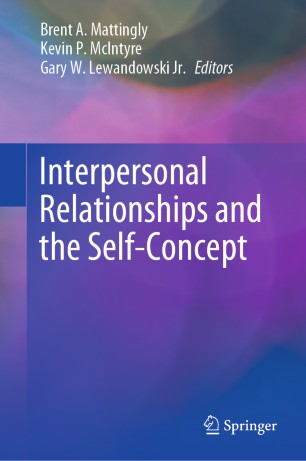

Most ebook files are in PDF format, so you can easily read them using various software such as Foxit Reader or directly on the Google Chrome browser.
Some ebook files are released by publishers in other formats such as .awz, .mobi, .epub, .fb2, etc. You may need to install specific software to read these formats on mobile/PC, such as Calibre.
Please read the tutorial at this link: https://ebookbell.com/faq
We offer FREE conversion to the popular formats you request; however, this may take some time. Therefore, right after payment, please email us, and we will try to provide the service as quickly as possible.
For some exceptional file formats or broken links (if any), please refrain from opening any disputes. Instead, email us first, and we will try to assist within a maximum of 6 hours.
EbookBell Team

4.1
70 reviewsThis volume provides an overview of the theoretical and empirical work on relationship-induced self-concept change that has occurred over the last 10-15 years. The chapters in this volume discuss the foundations of relationship self-change, how and when it occurs, how it influences relationship decisions and behavior, and how it informs and modifies subsequent knowledge structures, all examined over the course of the relationship cycle (i.e., initiation, maintenance, and dissolution). Additionally, this volume identifies novel applications and extensions of the relationship self-change literature, including applications to health and behavior, intergroup relations, and the workplace.
Among the topics discussed:
Interpersonal Relationships and the Self-Concept serves both as a comprehensive overview of the existing empirical research as well as a roadmap for future research on self-change, including a discussion of emerging theoretical frameworks. It will interest researchers focusing on romantic relationships, self and identity, and the intersection of self and relationships, spanning the disciplines of psychology, sociology, communication, and family studies.